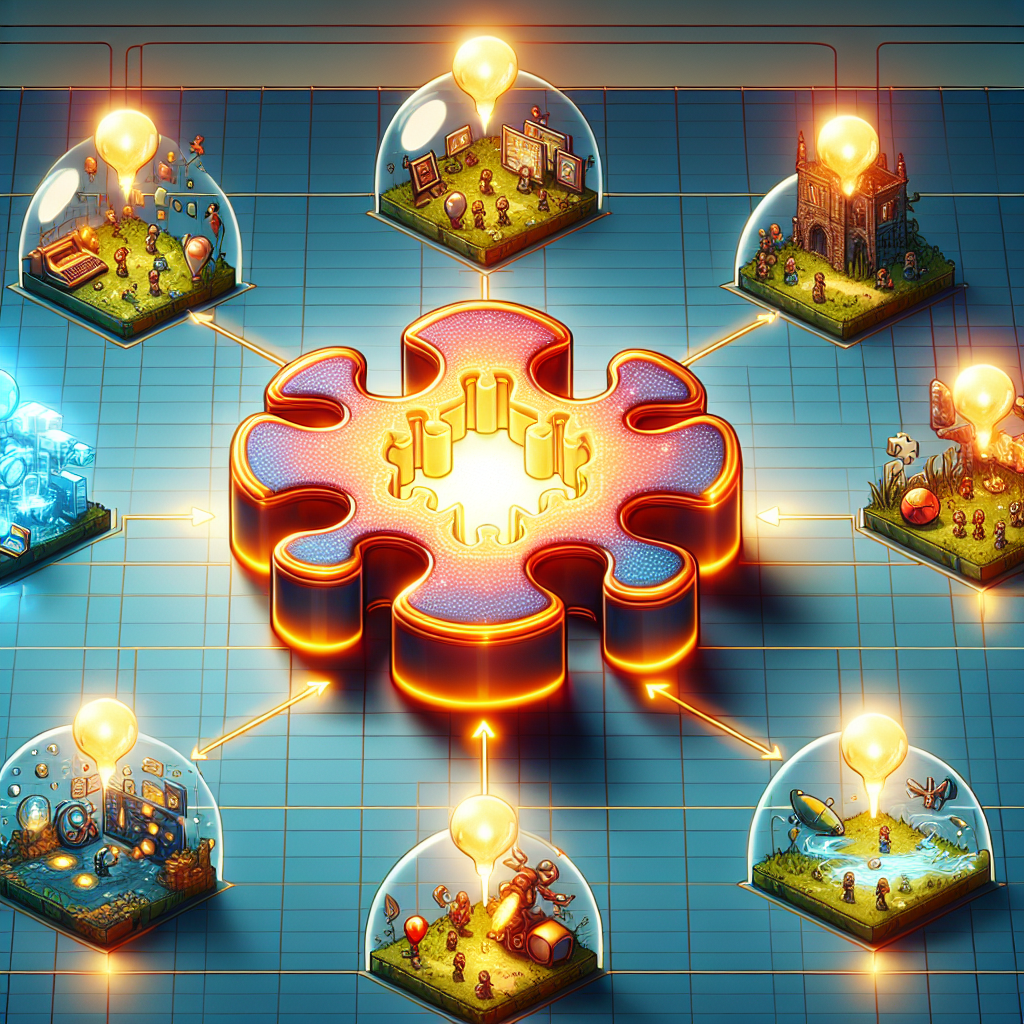The video game industry continuously grows with every passing year. With technological advancements, game development has become more accessible, and more individuals and companies are investing in game design. Understanding the fundamentals is crucial to create captivating games that will enchant players worldwide. This article aims to explore the basics of game design and illuminate the principles that every game designer should know.
Defining Game Design
The term “game design” typically refers to the creation of the content and rules of a game. This process involves planning and defining all the vital elements in a game, such as the narrative, characters, gameplay mechanics, and aesthetic. Game designers are like architects, creating the structure and framework for a unique and immersive experience.
The Elements of Game Design
Storytelling & Narrative
Creating a compelling story is at the heart of great game design. The narrative provides context and motivation for the player’s actions. Storytelling in games can occur through dialogue, visuals, environment, or gameplay. Different games leverage narratives in distinctive ways, tailored to their genre and audience.
Characters & Art Style
A game’s characters and art style are integral elements that shape the player’s in-game experience. Unique and well-crafted characters can drive a game’s narrative and breathe life into its world. Synchronizing the art style with the game’s overall mood and theme can heighten the player’s immersion and emotional engagement.
Mechanics & Rules
Game mechanics and rules are the foundations upon which the entire gaming experience is built. This component of game design pertains to the in-game interactions and outcomes these yield – the cause-effect relationship which players must understand to progress. The mechanics should be intuitive and satisfying, encouraging the player to keep exploring the game world.
The Process of Game Design
The process of game design can vary greatly, depending on the game’s scope and creative vision. However, most game design processes include the following stages: conceptualization, prototyping, playtesting, and iteration.
The concept stage is where ideas are brainstormed and shaped into a unique game concept. Prototyping then turns these ideas into a playable version of the game, usually focusing on a few core mechanics or attributes. Playtesting sees the prototype being tested by users, and it collects feedback to refine the game. The last step involves revisiting and refining individual components based on feedback, ensuring the final game corresponds to the envisioned design and provides an engaging player experience.
Conclusion
Understanding the fundamentals of game design is the first step in creating captivating games that engage, challenge, and entertain players. Game design is a sophisticated craft that combines storytelling, art, mechanics, and iterative processes to deliver compelling digital experiences.
FAQs Section
1. What are some good resources for learning game design?
There are many online resources and tutorials available, including Coursera, Udemy, and resources from game engine providers like Unity and Unreal Engine.
2. What are some essential skills a game designer should have?
Some essential skills include knowledge in programming, strong artistic skills, ability to write compelling narratives, understanding of game mechanics, and excellent problem-solving skills.
3. How long does it take to design a game?
The game design process can take anywhere from a few weeks for simpler games to several years for AAA games with high production values.
4. Can I design a game without knowing how to code?
Yes, with tools like Unity and Unreal Engine, it’s possible to create simple games using visual scripting systems. However, learning to code expands your possibilities greatly.
5. Is it necessary to have a degree to become a game designer?
While a degree in game design or a related field can be beneficial, it’s not strictly necessary. Many successful game designers are self-taught or have transitioned from other fields.

